Will U.S. Abortion Wars End a Successful Foreign Policy in Africa?
Conservatives in Washington have blocked the reauthorization of PEPFAR, endangering the health of HIV-positive Africans.
Welcome to Foreign Policy’s Africa Brief.
Welcome to Foreign Policy’s Africa Brief.
The highlights this week: The U.N. warns of a worsening humanitarian crisis in Congo, Sudan’s RSF rebels take Nyala, and South Africa celebrates another Rugby World Cup win.
The Most Successful U.S. International Health Policy Is Unraveling
Fierce opposition from conservative lawmakers is casting doubt on the future of PEPFAR, the U.S. government’s most successful global-health program, which was set up two decades ago by the George W. Bush administration to address the HIV epidemic.
Since 2003, PEPFAR, the President’s Emergency Plan for AIDS Relief, has funded antiretroviral treatment for more than 20 million people across more than 50 countries in its 20-year existence. The project has donated about $110 billion to health projects globally, yet a decision to fund the program’s next five-year cycle has become embroiled in the domestic abortion debate. Authorization for PEPFAR lapsed at the end of September after it failed to get congressional approval.
This moves the program to an annual rather than a five-year cycle and cuts requirements that 10 percent of PEPFAR funding go directly to orphans and other children affected by HIV.
Some conservative groups and Republican lawmakers argue that U.S. President Joe Biden’s administration has “hijacked” the initiative “to promote abortion” overseas.
Republican complaints about PEPFAR focus on the Biden administration’s 2021 decision to end the so-called Mexico City policy, also known by critics as the “global gag rule,” which cut U.S. government funding to any organizations deemed to promote abortion.
Many conservatives argue that PEPFAR should be subject to the Mexico City policy.
In a statement, Rep. Chris Smith, chair of the House global health subcommittee, cited a letter signed by 131 African religious leaders and lawmakers in countries with some of the harshest laws around abortion including Nigeria and Uganda. Quoting the letter, he urged that PEPFAR “not cross over into promoting divisive ideas and practices that are not consistent with those of Africa.”
Yet there is no consensus coming from Africa on restricting PEPFAR. In September, more than 350 African church leaders asked for PEPFAR to be reauthorized. They wrote that the assertions that PEPFAR was being used in Africa to fund or promote abortion were “unfounded and grossly unfortunate” and that they were “not aware of any such instance.”
African civil society groups argue that, given the restrictive abortion laws in many African nations, the chances of PEPFAR money being used to fund or promote abortion in those states are slim to none.
Around 35 percent of PEPFAR funding in Uganda goes to civil society organizations—many of which are faith-based or affiliated with U.S. evangelical institutions. The region has one of the highest rates of unsanctioned backstreet abortions in the world due to its prohibitive laws. Lobbying by U.S.-based evangelical groups in the country has also led to restrictions on condom access, a higher burden of unwanted pregnancies, and, according to a 2021 report by the British Medical Journal, a lack of preparedness by health facilities to treat abortion complications, leading to increased maternal deaths.
In 2022, the U.S. government allocated $618.2 million toward health programs in Nigeria. Research conducted by Fòs Feminista, a global alliance that advocates for sexual and reproductive rights, argues that the U.S. Supreme Court decision to overturn Roe v. Wade had been weaponized by local lawmakers in Kenya and Nigeria to push back on reforms. Respondents in Nigeria told Fòs Feminista the U.S. change had strengthened those opposed to LGBT rights and women’s rights in the country.
PEPFAR advocates point out that the presence of HIV has decreased dramatically among children in South Africa in part due to the program’s funding. South Africa has the world’s largest number of people infected with HIV, accounting for about 13 percent of its population of 62 million, and those dependent on PEPFAR funding fear losing access to treatment.
Importantly, a $45 million project to find a breakthrough HIV vaccine is also awaiting reauthorization. The five-year PEPFAR-funded project led by South Africa’s Medical Research Council partners with scientists from eight African countries including Uganda and Nigeria to conduct an HIV vaccine study based on the two most common types of HIV found in Africa. “Consider the impact of this work being led from right here in South Africa,” wrote U.S. Agency for International Development Deputy Administrator Paloma Adams-Allen. (An unrelated trial of a preventive HIV vaccine candidate, known as VIR-1388, began last month in South Africa and the United States.)
The Week Ahead
Tuesday, Oct. 31, to Friday, Nov. 3: Britain’s King Charles and Queen Camilla travel to Kenya for a state visit.
Thursday, Nov. 2, to Saturday, Nov. 4: South Africa hosts a U.S.-Africa trade summit that will discuss the future of the African Growth and Opportunity Act.
Thursday, Nov. 9: Elections are held in Madagascar.
What We’re Watching
Egypt bans outlet. Egypt’s media regulator issued a six-month ban of independent news outlet Mada Masr for allegedly operating without a license, publishing false news, and harming national security. The outlet was referred to Egypt’s public prosecutor over coverage of the Israel-Hamas war.
The regulator said it had received complaints that the reporting undermined the Egyptian government’s official policy of refusing to accept Palestinian refugees because of the potential for permanent displacement. “Not a single Egyptian official has spoken about the displacement, which Egypt rejects altogether,” it added. (Egypt accepted 81 critically-injured Palestinians on Tuesday according to the Palestinian border authority.)
Mada Masr has frequently come under fire from authorities in a crackdown on press freedom. According to Human Rights Watch, since 2017, authorities have blocked access to Mada Masr’s website in Egypt along with hundreds of other websites.
DRC humanitarian crisis. The U.N. says nearly 7 million people are now internally displaced within the Democratic Republic of the Congo (DRC) due to ongoing conflict and escalating violence. The International Organization for Migration (IOM) warned that the DRC is facing one of the world’s biggest displacement and humanitarian crises. Only $37 million has been received of the $100 million sought by the IOM for its DRC operations. Fighting between M23 rebels and factions loyal to the DRC’s government has intensified in the eastern province of North Kivu since early October.
Sudan talks. The paramilitary Rapid Support Forces (RSF) took control of an airport in the state of West Kordofan and an army base in Central Darfur as cease-fire talks with the Sudanese military resumed last weekend in Jeddah, Saudi Arabia. The talks are being mediated by the United States, Saudi Arabia, the African Union, and the East African bloc Intergovernmental Authority on Development, which includes Kenya, Ethiopia, and Uganda as members.
Experts don’t see an end to fighting through the talks. Negotiations are focused on securing a new temporary cease-fire and access to humanitarian aid. Previous talks were abandoned four months ago after the warring sides violated multiple cease-fire agreements. Last week, the RSF seized control of Sudan’s second-largest city, Nyala, after months of fighting with the army. The power struggle has killed up to 9,000 people and displaced some 5.4 million more.
This Week in Sports
South African President Cyril Ramaphosa declared a public holiday to take place on Dec. 15, after the country’s team won the Rugby World Cup. It is a record fourth title for the Springboks, who defeated New Zealand by one point, 12-11, on Saturday in Paris.
Ramaphosa hailed the win as a chance to unify a country facing economic challenges and power outages. Despite rugby’s contentious history in South Africa as a symbol of white privilege during the apartheid era, the Springboks have since transformed into a multiracial team. In 2018, Siya Kolisi became the team’s first-ever Black captain, and Saturday’s win is his second time leading the team to victory, having hoisted the Webb Ellis Cup four years ago in Japan.
What We’re Reading
Reporting Gaza voices. In Tunisian outlet Inkyfada, Haïfa Mzalouat and Emna Chebaane report on the difficulties faced by local journalists in Gaza to report on the war, including limited access to social media. At least 14 local journalists have been killed in airstrikes, while those in the West Bank recounted settler intimidation. “We’re constantly feeling the tension,” Yasmine Asaad, a journalist for Asharq News, told Inkyfada.
Baaba Maal’s Dakar. Baaba Maal has been a significant voice in African music since the late 1980s, but he is best known overseas for contributing to the soundtracks behind the Black Panther movies. I interviewed Maal many years ago, before Black Panther. At the time, the Senegalese singer was especially passionate about how the African diaspora had become cultural custodians of Africa’s traditional music and global image.
In a recent New York Times article, Maal discusses with Abbie Kozolchyk the charm of Senegal’s capital, Dakar—including the country’s national theater inaugurated in 1965 by Senegal’s first president, Léopold Sédar Senghor, and the recently restored Art Nouveau rail station home to Dakar’s new $1 billion rail line.
Nosmot Gbadamosi is a multimedia journalist and the writer of Foreign Policy’s weekly Africa Brief. She has reported on human rights, the environment, and sustainable development from across the African continent. Twitter: @nosmotg
More from Foreign Policy
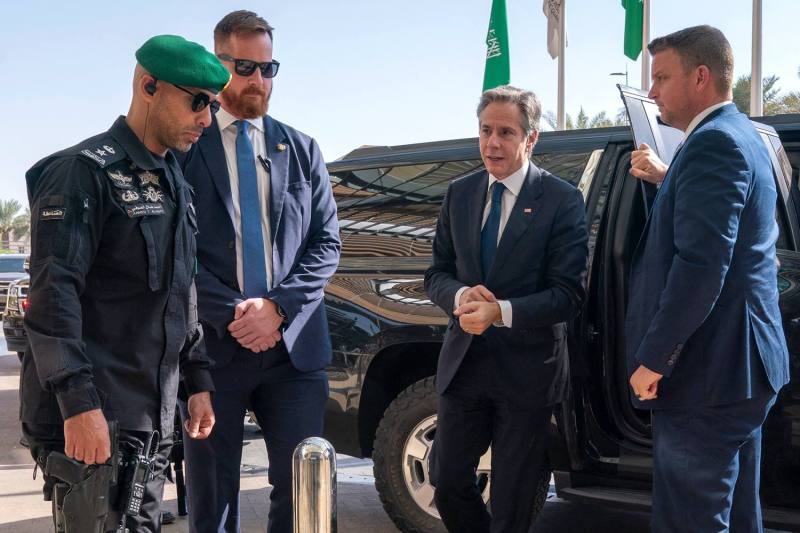
Saudi Arabia Is Mysteriously Absent in the Israel-Hamas War
Mohammed bin Salman has pitched the kingdom as the most influential country in the Middle East, yet he has dropped the ball on actual diplomacy.
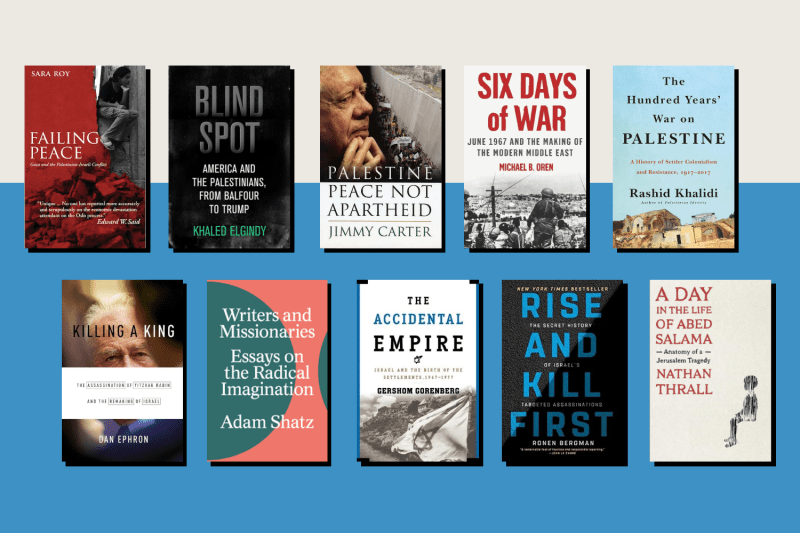
The Best Books for Understanding the Israel-Hamas War
Ten reads that offer insight into the origins of today’s conflict—and what may come next.
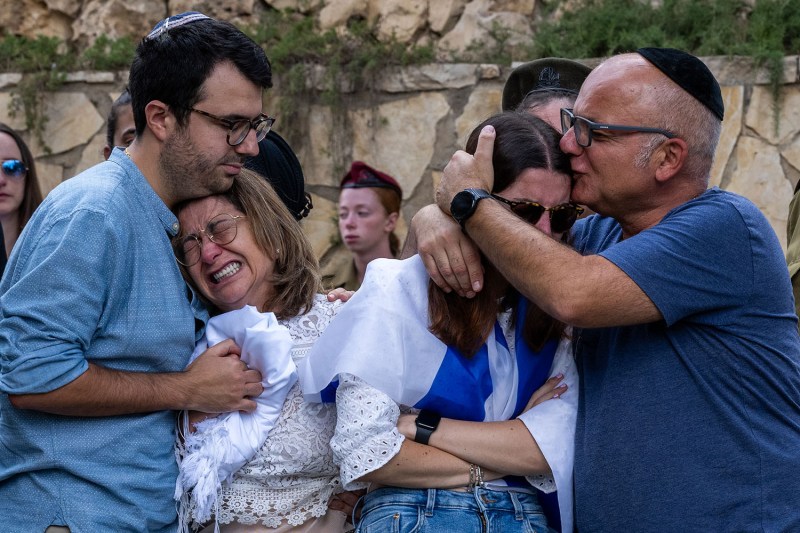
‘We Will Never Forgive Netanyahu for What He Did to Us’
Israeli journalist and Hamas attack survivor Amir Tibon on how his community is coping.
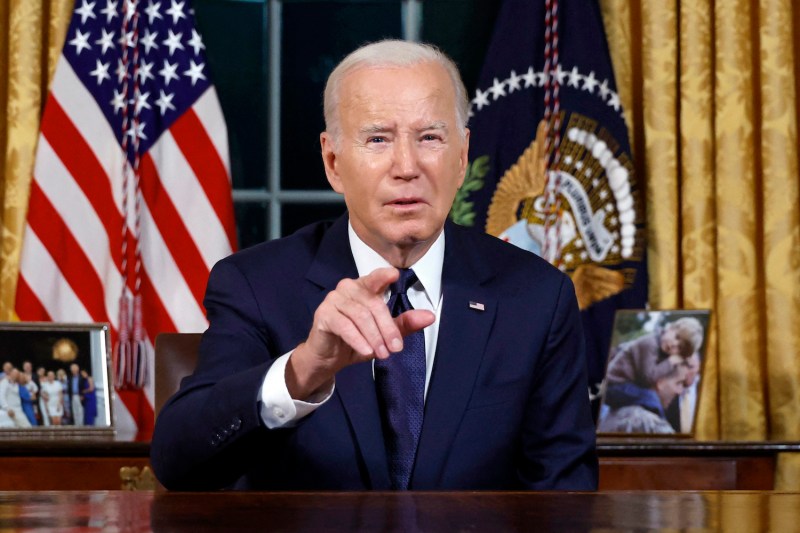
How Many Wars Can America Fight at the Same Time?
The country’s adversaries around the world may sense Washington is stretched too thin.

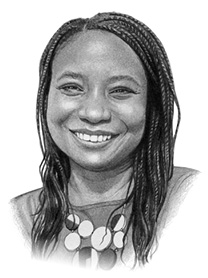
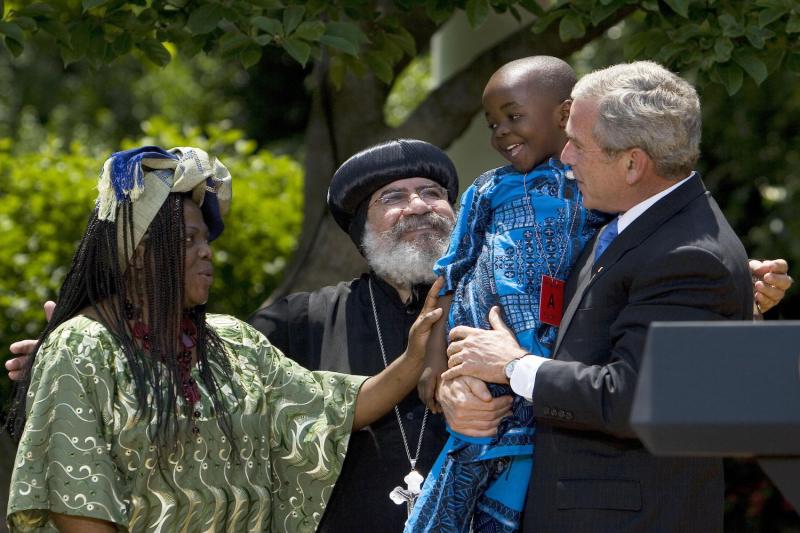

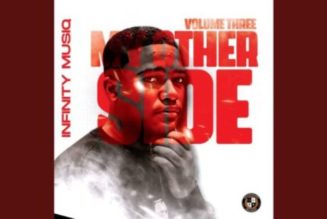

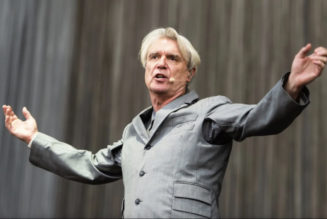





Join the Conversation
Commenting on this and other recent articles is just one benefit of a Foreign Policy subscription.
Already a subscriber? .
Subscribe Subscribe
View Comments
Join the Conversation
Join the conversation on this and other recent Foreign Policy articles when you subscribe now.
Subscribe Subscribe
Not your account?
View Comments
Join the Conversation
Please follow our comment guidelines, stay on topic, and be civil, courteous, and respectful of others’ beliefs.